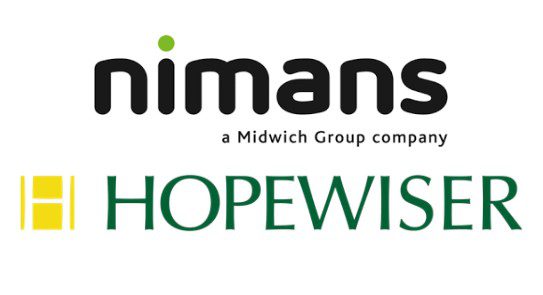In 2025, new Anti-Money Laundering (AML) regulations in the UK came into force. AML obligations are no longer confined to banks and financial institutions, but are being extended to sectors like property, law, and accountancy. Organisations across multiple sectors will need to strengthen their AML processes and conduct stringent customer due diligence (CDD) checks to comply with the new regulations and avoid penalties.
So, what role does address data validation play in ensuring compliance with AML regulations?
- Identity Verification & KYC (Know Your Customer)
Address validation is a core component of verifying a customer’s identity. It helps ensure that the person is who they say they are, and that their address matches known, valid records.
Businesses need to ask for Proof of Address from documents such as utility bills, bank statements, or government correspondence. These should then be cross-checked against reliable databases such as the Electoral Roll, Royal Mail PAF and Ordnance Survey’s UPRN.
The PAF contains 30 million postal delivery addresses, 1.8 million postcodes, and 1.4 million business names. Using address validation that is powered by PAF will help you correctly identify your customers’ address against a reputable source.
UPRN from OS provides a unique identifier for every addressable location in the UK. This eliminates ambiguity around properties with similar names or locations and helps in verifying exact property identity, reducing the chance of manipulation. The UPRN also helps identify anomalies, such as multiple sales or rapid transactions involving the same UPRN.
KYC processes can be enhanced by merging multiple streams of data to create a single source of truth, helping you to validate a customer’s identity to prevent fraud. Linking of data across systems makes it harder to hide ownership or transaction history behind shell companies.
- Source of Funds & Occupancy Verification
Letting agents need to understand the source of funds and true occupiers of a property. Fraudulent tenants or landlords may provide falsified address histories to conceal their identity or background.
Address data validation helps by:
- Spotting inconsistencies in tenant address histories.
- Identifying addresses linked to known criminal activity.
- Detecting false or non-existent addresses (important for preventing identity fraud).
A bureau service such as the one provided by Hopewiser will use the latest software and third-party data sources to provide improved data hygiene. Movers, deceased and goneaways are all checked so you can trust the data to provide you with accurate results every time. The service involves removing or flagging inaccuracies and duplicate records. For more information download a free Data Quality reference guide.
- Compliance & Audit Trail
The HMRC, which supervises AML compliance for estate and letting agents, requires that proper records are kept and that systems are in place to detect and report suspicious activity.
Using validated address data ensures:
- Accurate records of tenant and landlord information.
- A clear audit trail to demonstrate AML compliance in the event of an inspection.
- Risk Assessment
Agents must perform a risk assessment of their business and their clients. Anomalies in address data can indicate higher risk and trigger enhanced due diligence (EDD).
Examples:
- Address is linked to multiple identities.
- Address has a history of flagged transactions.
- Address doesn’t exist or is suspiciously formatted.
For example checking against “Not Yet Built” Data will help aid transparency in;
- Off-Plan Sales:
- Many laundering schemes use off-plan purchases (buying before construction).
- Tracking NYB properties helps regulators and firms see when and where such sales occur.
- Early Risk Assessment:
- Helps financial institutions flag potentially suspicious developments before money is committed.
- Reduces the risk of funding shell developments designed for laundering purposes.
- Monitoring New Developments:
- Authorities can scrutinise new housing projects, especially if tied to opaque financing or offshore investors.
If you’re working in the property sector or building systems related to tenancy onboarding, integrating address validation and data enrichment processes will help you meet AML obligations more efficiently and reduce risk exposure.
Hopewiser has implemented Data Cleansing, Address Validation and Data Enrichment services to Central Government, Local Authorities, Police, Healthcare and Financial organisations.
These services have helped to:
- Reduce fraudulent claims
- Simplify debt management
- Capture accurate customer data
- Gain insights into geographical information
Contact Us to find out more.
Sources
, updated 17th June 2025.
Topic: Address Validation






